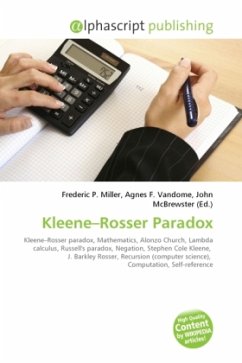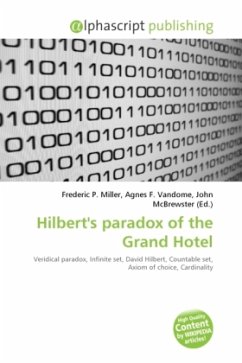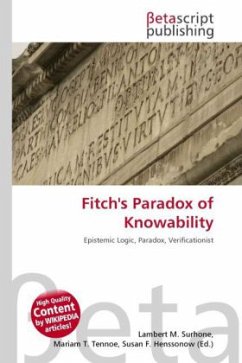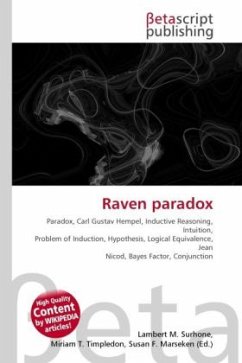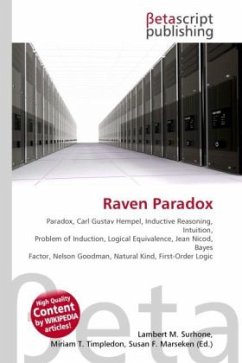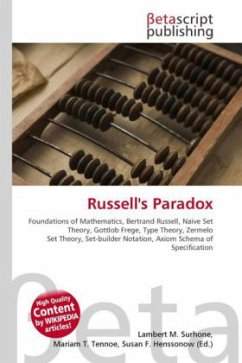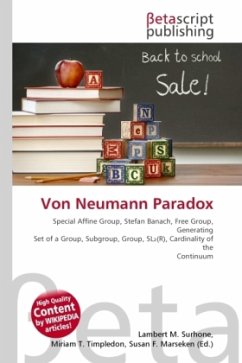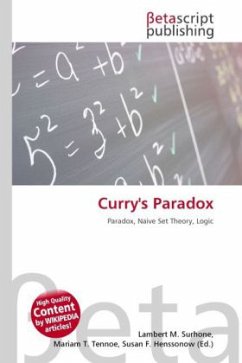In mathematics, the Kleene Rosser paradox is a paradox that shows Church's original lambda calculus is inconsistent. It is similar to Russell's paradox, in that it is a statement that asserts its own falsehood if and only if it is true; that is, it is a self-negating statement. The paradox was developed by Stephen Kleene and J. B. Rosser in 1935, to show that the lambda calculus was inconsistent. The resolution of the paradox is the recognition that recursion is central and fundamental to the notion of computation. See self-reference for some examples about how recursion can lead to paradoxes.

